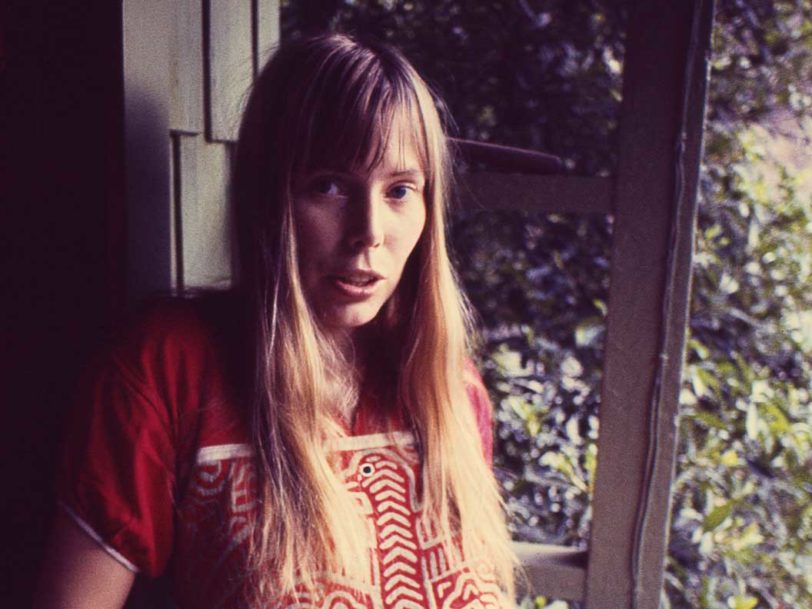If choosing the best Joni Mitchell songs has taught us anything, it is that she has a mesmerising catalogue of music – and that whittling down so many brilliant works is a serious task. Such is Mitchell’s incredible gift for songwriting, you could set any number of people the same task, and they would all have wildly varying lists. So if you don’t see your favourite song in this carefully curated list of Joni Mitchell’s finest moments, just know that we probably agonised over whether to add it or not.
You will notice an absence of choices from her earlier albums. That’s because, firstly, while they are brilliant records, Joni Mitchell really came into her own in the 70s; and, secondly, her later albums merit far more respect and coverage than they receive.
Listen to the best of Joni Mitchell here and check out our 20 best Joni Mitchell songs, below.
20: Free Man In Paris (from ‘Court And Spark’, 1974)
If Free Man In Paris sounds like something Crosby, Stills, Nash And Young would have been proud to put their name to, that’s no surprise, as both David Crosby and Graham Nash feature on backing vocals – to brilliant success. One of the best Joni Mitchell songs, this glorious tale of the free man able to stroll around the city unfettered by work and constant pestering is set to a languid Laurel Canyon sound, and it provided a highlight to her Court And Spark album. Written about powerhouse producer David Geffen and a trip Joni took to France with him and The Band’s Robbie Robertson, this is a brilliant slice of what Joni does seamlessly: a twisting, detailed narrative given a sunshiney chord structure.




